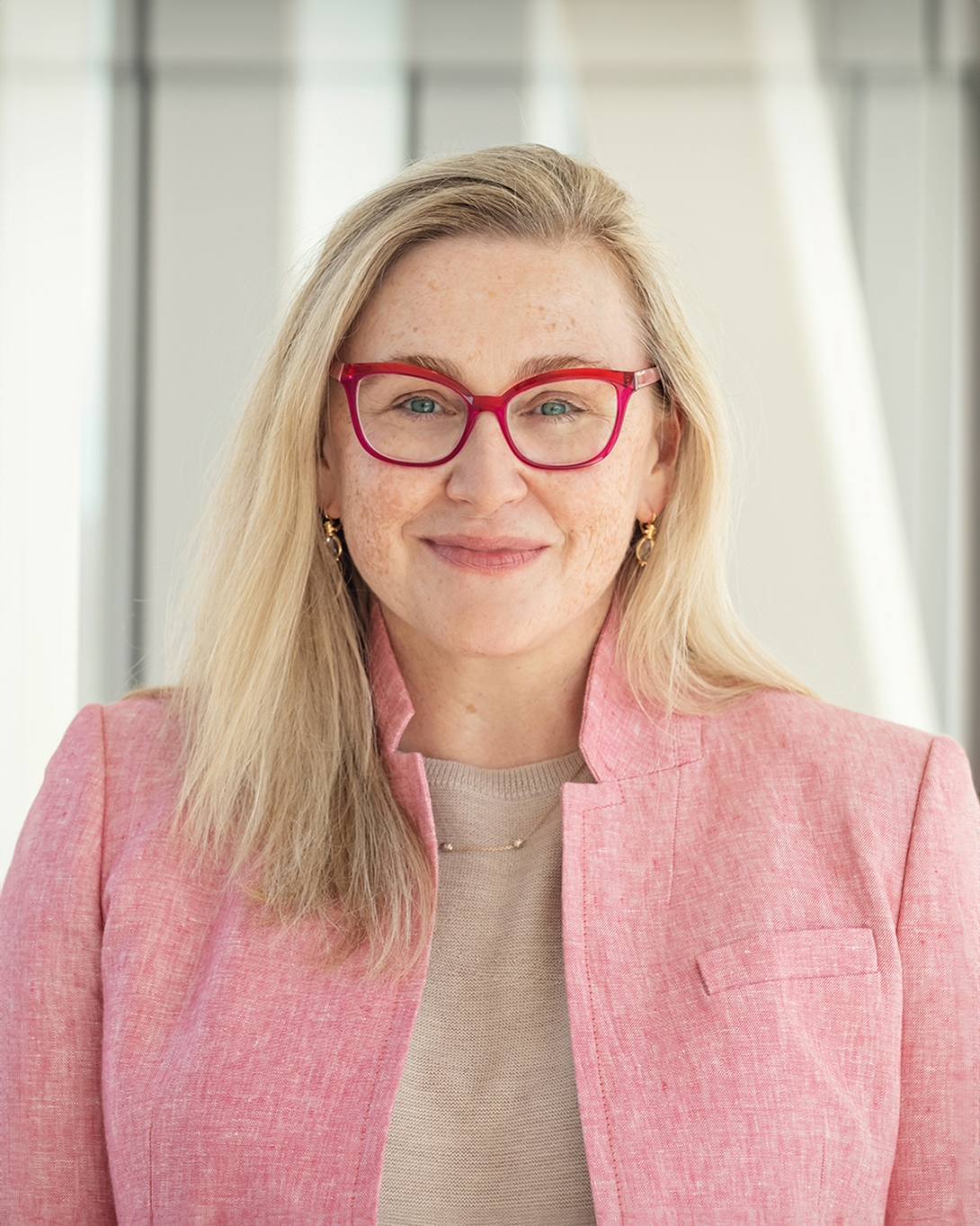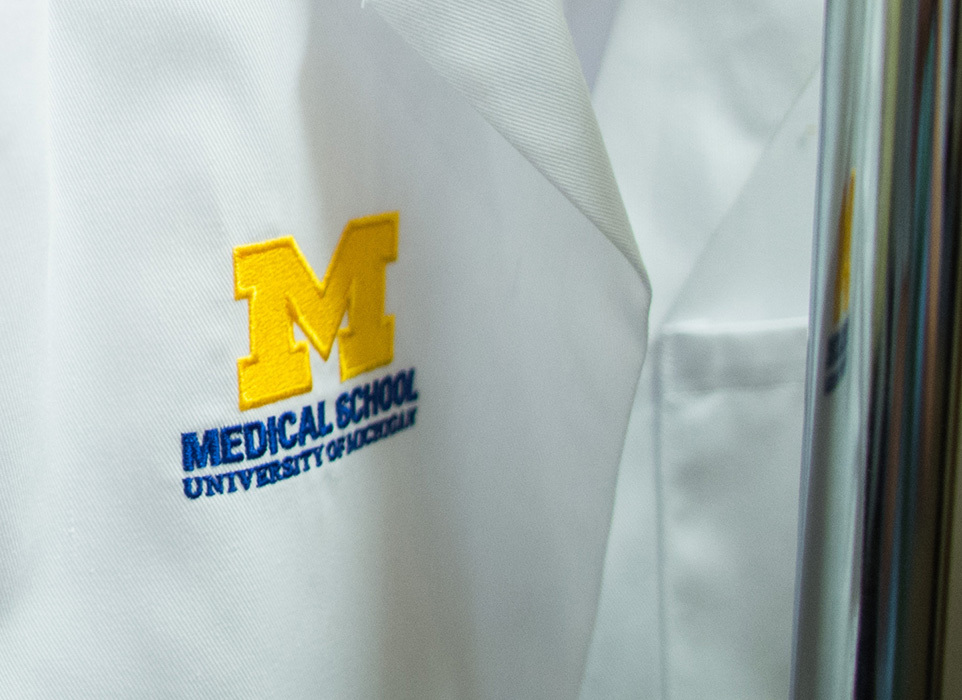The head and neck surgical oncology and microvascular reconstruction fellowship provides multidisciplinary, specialized training in all facets of head and neck oncologic care and surgery, with a program designed to support the fellow’s progressive advancement to independence during the training process.
Our Values
- Career-long mentorship and sponsorship
- Large, varied surgical case volume, including the entire free tissue armamentarium
- Diverse training and backgrounds of faculty
- Rich research portfolio in a wide array of scholarly disciplines
- Accomplished fellowship alumni
Our Mission
The University of Michigan Medical School Head and Neck Surgical Oncology and Microvascular Reconstruction Fellowship is designed to provide intensive training in all facets of oncologic care of the head and neck cancer patient. Our goal is to train future leaders in the field of comprehensive head and neck cancer care and related research, and to provide the platform from which a successful academic career is launched.
Our Vision
It is our intention to develop the next generation of head and neck surgeon-leaders, launching each fellow’s career via in-depth training and preparation, as well as cultivating their long-term career goals through life-long mentorship. As the major center for head and neck surgery in Michigan, our multidisciplinary team treats numerous head and neck cancer patients each year, and our fellows are integral participants in caring for these patients. We perform over 250 free tissue transplants a year, harvesting from the full breadth of donor sites. Additionally, we have the largest melanoma and Merkel cell carcinoma programs in the United States.
In addition to extensive training in head and neck mucosal extirpative surgery, both open and transoral, the fellows are trained in the following specialized areas: microvascular reconstructive surgery, advanced cutaneous malignancy surgery, including sentinel node biopsy, skull base surgery and reconstruction, and salivary and endocrine surgery. Dedicated time is allotted to rotate with our entire multidisciplinary team, including radiation and medical oncology, radiology, pathology, and speech language pathology, as well as any other specialists the fellow may wish to work with. Beyond the clinical experience, we pride ourselves on providing life-long mentorship to our fellow graduates, and our dedicated fellow alumni group provides additional networking and mentorship opportunities.
The application process is completed through the American Head and Neck Society (AHNS). Eligibility requirements and the application process can be found listed on the AHNS website, as well as information regarding any associated fees, interview timeline, ranking process, and the Centralized Matching Program.
Questions? Contact [email protected].
Our current Department of Otolaryngology-Head and Neck Surgery fellows are gaining hands-on, comprehensive training in surgical procedures and evaluation and management of otolaryngologic conditions.
The Head and Neck Oncology Program of the University of Michigan Medical School is one of the most prolific head and neck cancer research groups in the world. We maintain tumor biology research laboratories both at the University of Michigan Comprehensive Cancer Center and at the Department of Veteran’s Affairs Medical Center. Basic science research opportunities are available in the molecular biology of tumors, predictive biomarkers, stem cell research, genomics and proteomics. We are also national leaders in clinical trials development, outcomes and quality of life research and health services research. Finally, we have burgeoning research programs in quality of head and neck surgical care and in simulation education research that may appeal to fellows with interests in quality improvement/patient safety or graduate medical education/surgical education. Any and all of these research opportunities are available for the head and neck fellows.
Fellows are well supported by highly available, permanent faculty corps. The fellows see patients with basic neck mass and “general” head and neck complaints in their clinics; when such a patient is diagnosed with cancer, they are co-managed by the fellow and a head and neck faculty member. In this fashion, the fellow has a graduated experience managing their head and neck patient with direct support from the faculty, and the patient is assured a safe and continuity-of-care-focused experience at our institution.

Fellows receive comprehensive clinical training in a high-volume academic medical center that also supports and excels in a wide range of basic science, translational and clinic outcomes research programs.

We find a new reason to love Ann Arbor nearly every day — year-round outdoor activities, cultural experiences, a growing food scene, and a welcoming, family-friendly atmosphere are just a few that come to mind. Explore all that Ann Arbor and our surrounding communities have to offer.

Head and Neck Surgical Oncology and Microvascular Reconstruction Fellowship Director
Chief Clinical Officer for Adult Hospitals

Head and Neck Oncology Associate Fellowship Director